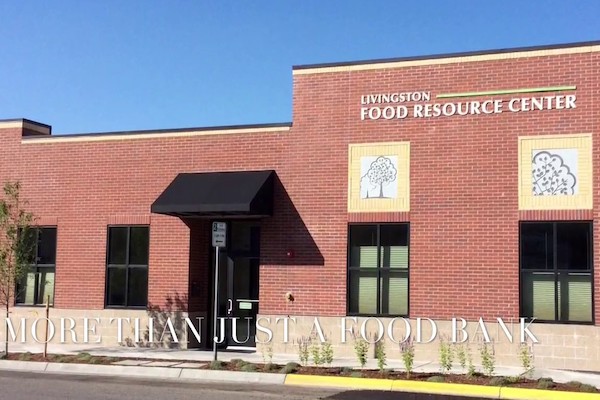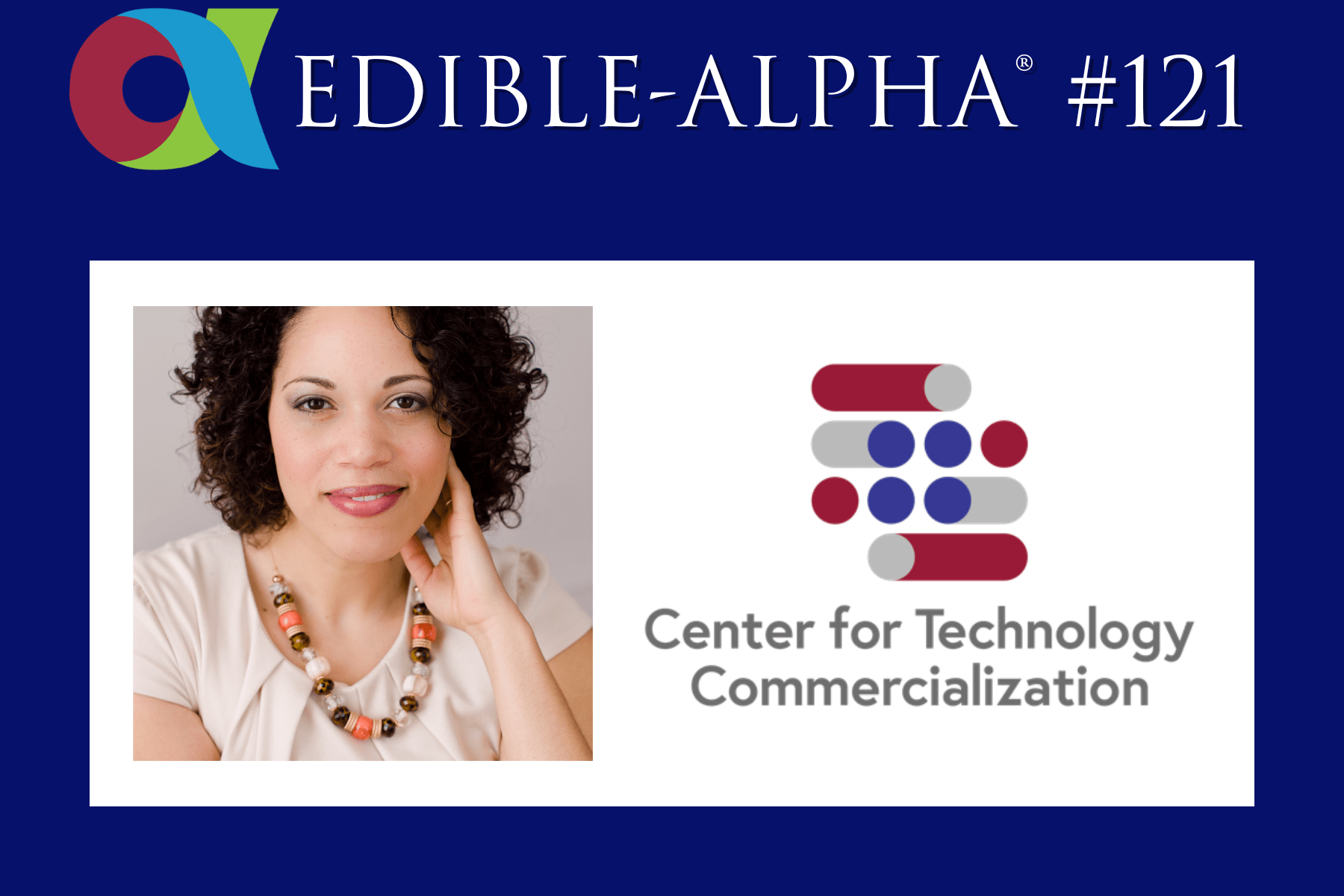Subscribe: Apple Podcasts | Spotify | Amazon Music | iHeartRadio | RSS | More
In Edible-Alpha® podcast #50, Tera interviews Michael McCormick, the Executive Director of the Livingston Food Resource Center, a nonprofit food pantry and service provider serving a county of 17,000 people in rural Montana. Michael started working the pantry in 2009 when the economy was struggling and the pantry was overwhelmed with requests for services. After visiting other food pantries, he became frustrated with the common model of food pantries of raising donations to purchase and then distribute (usually) poor quality and unhealthy food without solving the underlying issues (like poverty, healthcare, and education) that led people to seek the pantry’s services, and wanted to change the food pantry’s business model. He was also frustrated that most food pantries were marginalized in unnoticed and difficult to reach places.
One of his first actions was to engage in a study of the pantry’s customers, helping him and other staff and volunteers understand that many of the people there were struggling with unemployment or underemployment, often due to a lack of marketable job skills, as well as serious health issues like diabetes. Based on this data, he decided that the pantry would include both healthier food and access to job training focused on needed culinary skills. In order to have an impact on the underlying issues of users of the pantry, Michael set out to change the food acquisition model to purchase directly from area farmers and ranchers, then processing these healthy foods at their own facility. This would spur economic development locally while bringing healthier food in for the people served by the pantry. He changed the name of the organization from a Food Pantry to a Food Resource Center, and articulated its mission as Food, Health, and Economic Development.
Realizing this vision would require a new facility. Because the pantry was feeding about 10% of the population of the county but was not well known to residents, he decided to relocate to a better facility in the heart of Livingston to increase visibility and make their services more accessible. At the same time, adding value-added processing capacity and culinary job training required acquiring new assets to add an adequate commercial kitchen space at the new facility. In addition to physical assets, local community members and volunteers help support the pantry’s core services. Now that the LFRC supports entrepreneurs, in addition to the kitchen being available for rent, they have access to local chefs for recipes, business plan support, financial projections support, and even pro-bono graphic design.
LFRC makes it a point to treat everyone they serve with dignity and respect. The quality of the food (as opposed to rescued or ultra-processed food) and the design of the store as a nice place to shop is part of communicating that participants are valued and respected. The LFRC has cooking classes and samples with dietician students as volunteers to help the participants understand how to cook with the healthy food. Montana State University is partnering with LFRC in a 16-week pilot to measure the potential health impacts of participants’ healthier food choices through regular health screenings.
To fundraise for the $1.6 million capital campaign for the new building, LFRC engaged the community in both fundraising and the process of creating the programming involved to create buy-in and hopefully achieve lasting, meaningful impact. Michael frames the donations to the pantry as investments in the community to get buy in and understanding. Kitchen rental, value-added processing, community room rental and catering all provide earned income for their operations and in 2018, that revenue covered all of the salaries for the kitchen staff.

